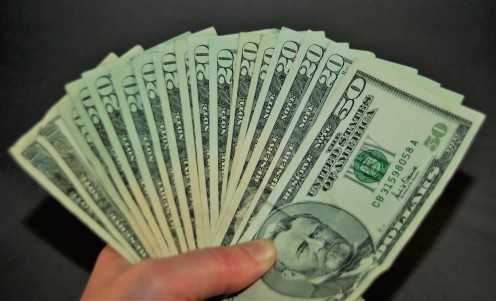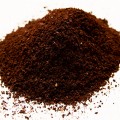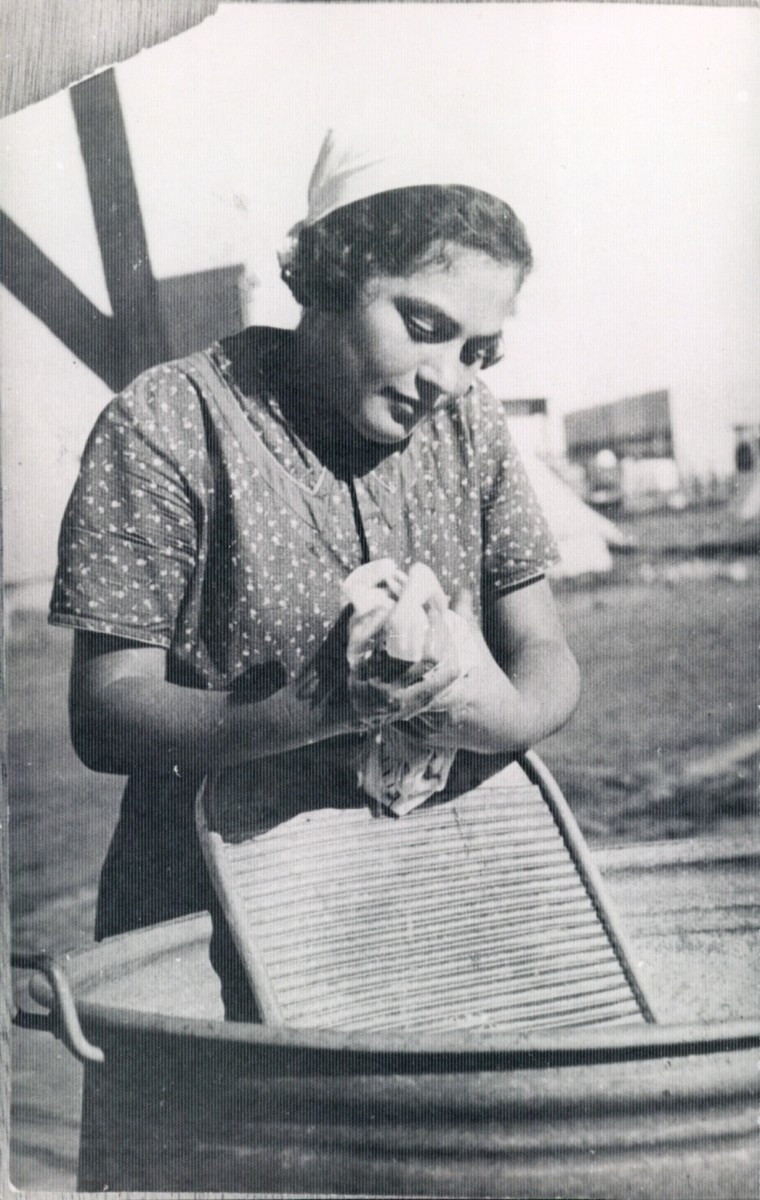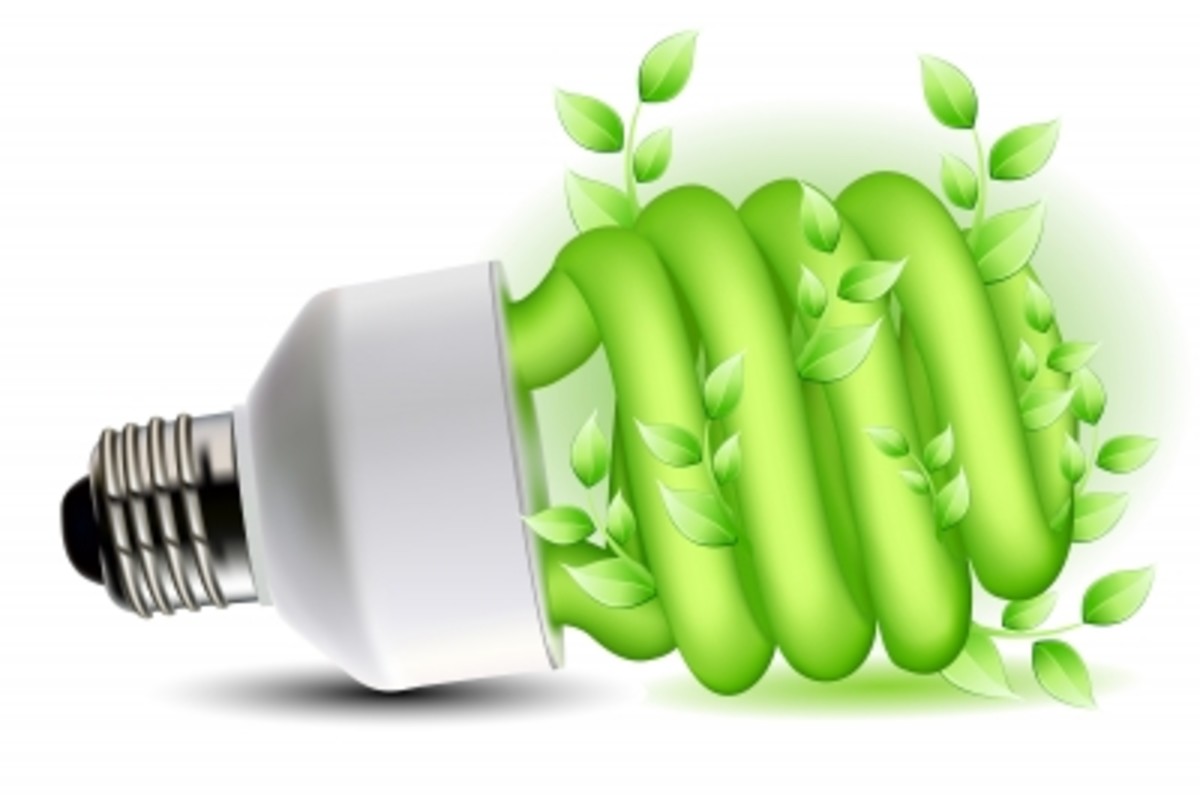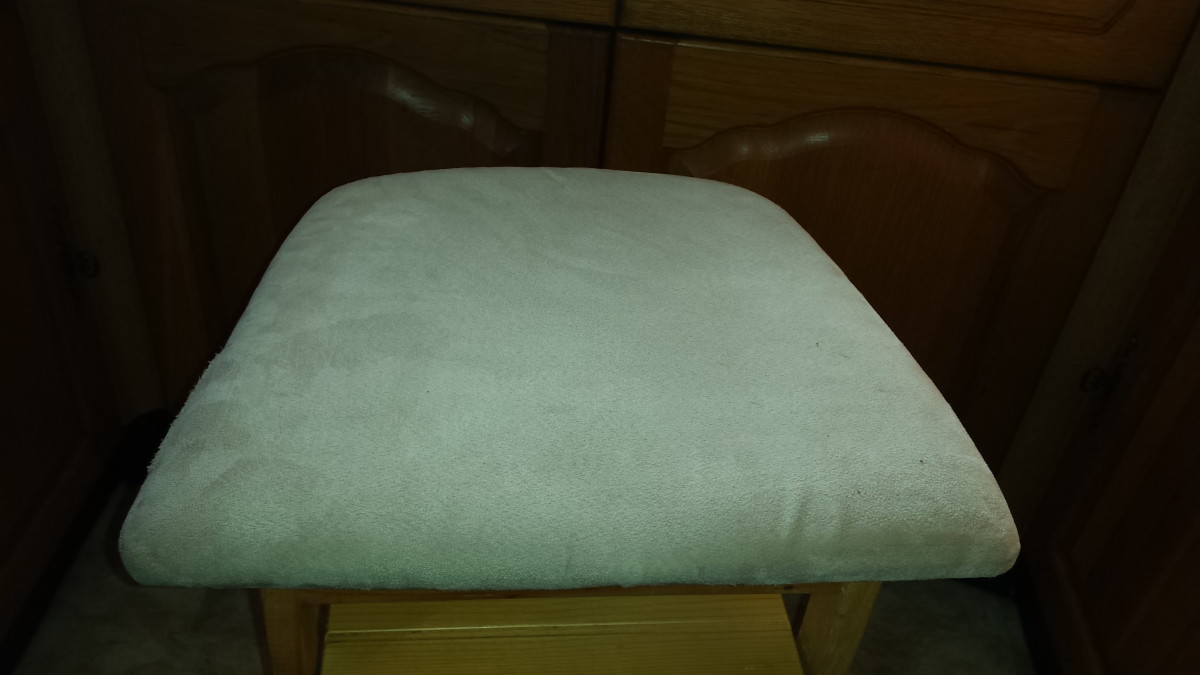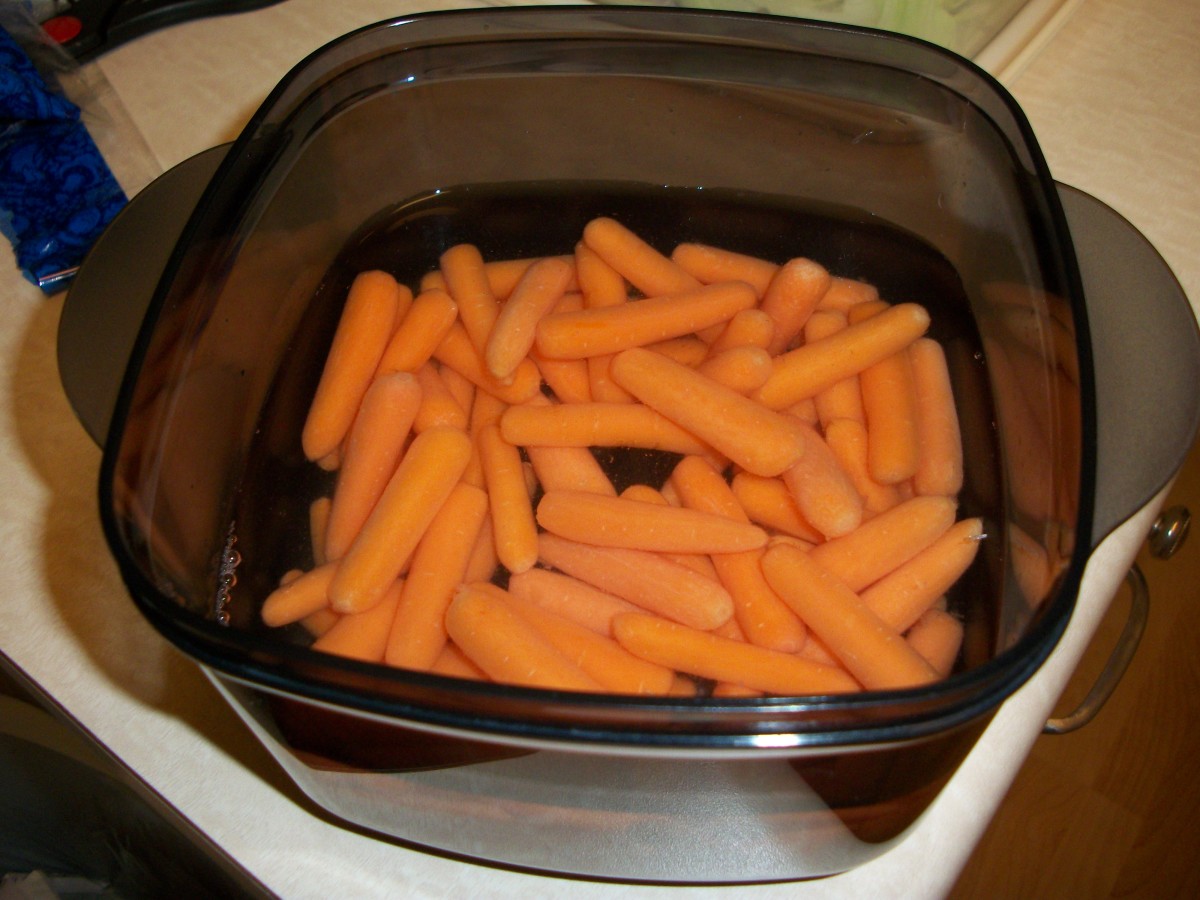25 Quick Ways to Save Money on Utility Bills Each Month

Introduction
Are you trying to save money for a nice vacation, a car upgrade, or a new home? Have you racked your brain while working on a never changing budget?? Do you have variable expenses that, well, aren't that variable? Sometimes it just seems like the budget has no room for the extras!
But hey, all hope is not lost. You can save money on your utility bills by following these simple tips and suggestions. This article will help you discover everyday changes you can make in order to lower your your heating, gas, sewage, and electrical utility bills.
1. Buy Energy Efficient Light Bulbs
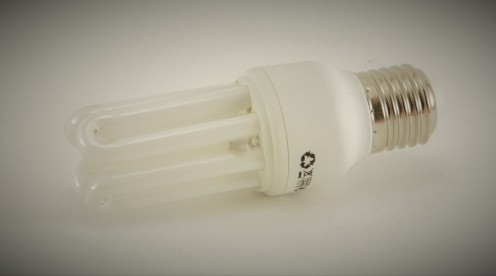
Use fluorescent, low-powered, or halogen bulbs rather than the traditional light bulbs that use up much more energy. Less energy means lower costs so when purchasing light bulbs as well as other electronics choose ones that are energy efficient.
Use low-wattage light bulbs or energy efficient fluorescent lightning. When cleaning, dust off light bulbs and fixtures to improve light output. Also, watch the savings multiply with simple actions such as removing the light bulbs from your microwave and garage.
2. Avoid Leaks Of Air With Both Windows And Doors

Make sure you do not have any window or door air leaks. After all, air leaks around windows and doors are responsible for high electricity bills at home. If you do find any, repair them immediately. If possible, install double-pane windows in your house. Apply weather stripping, self-adhesive rubber, or a foam sealant to seal any gaps where the outside air has a chance to get in.
Close off doors and windows for rooms, closets, and bathrooms that are not in use. Close the vents in those rooms so that no air is going in there and being wasted. Add insulation where needed. Ensure your attic has enough insulation; if not, install it so that unwanted air cannot leak into your home.
3. Avoid Using Up Water When It's Not Necessary

Do not leave the water running when you are brushing your teeth, shaving, or hand washing dishes. Make sure you have no dripping faucets. When using cold water, make sure you have it all the way to the cold side so your heater doesn’t fire up.
Insulate your water heater. This prevents standby heating loss. Instead, cover up your hot water tank and this will heat your water up more efficiently which means more savings in your wallet!
4. Take Fast Showers
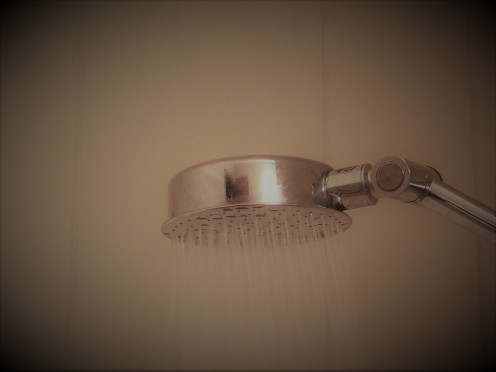
Install a low-flow shower head. Avoid taking long baths and showers. Try taking shorter showers. Keep in mind that baths waste a lot of water. Take them sparingly.
5. Schedule Your Gardening Time

When watering the garden, set a schedule and try to water in the early morning hours to help minimize evaporation (between 6:00 A.M. to 8:00 A.M.).
6. Dry Laundry In The Most Effective Way
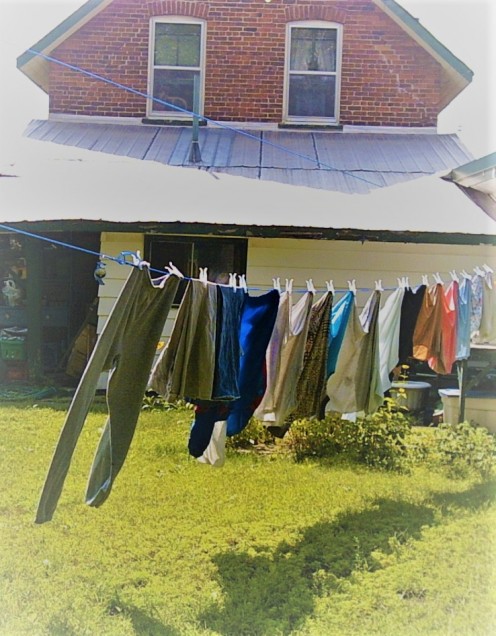
Wash your clothes in cold water and hang them up to dry. Use a clothesline in the backyard or in the bathroom. Avoid drying your clothes in the dryer as it takes up lots of heat.
If you must use the dryer keep the door open as little as possible as it emits heat, making your home warmer in the summer which causes your thermostat to go into over-drive. Keep your dryer lint free. Not just on the link tray, but also around the dryer itself.
7. Hand Wash Dishes
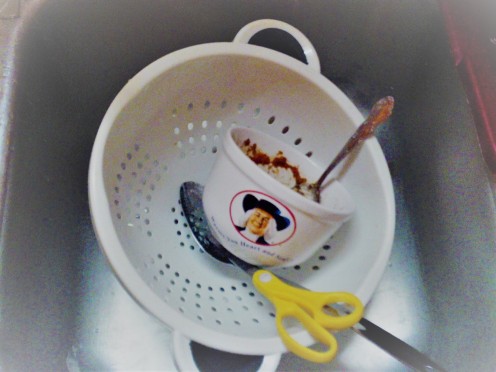
Hand wash large items such as bowls and pots. This will take up less room in your dishwasher. This is an easy thing to do and it doesn't take that long.
8. Electronics
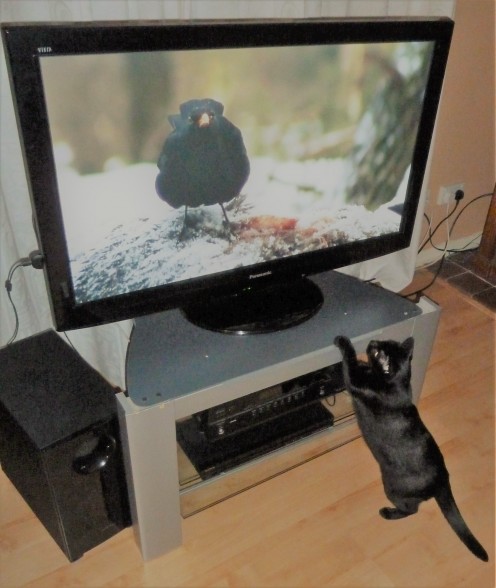
If you are not using an electronic device it should be unplugged. Don’t forget to unplug power adapters when they are not in use. When you are not watching television, the VCR, your blue-ray player, your CD player, or your DVD player, turn them off. Turning electronics help, but the best way to save on electricity is to unplug everything. Also, don’t overload your circuits.
9. Cooking
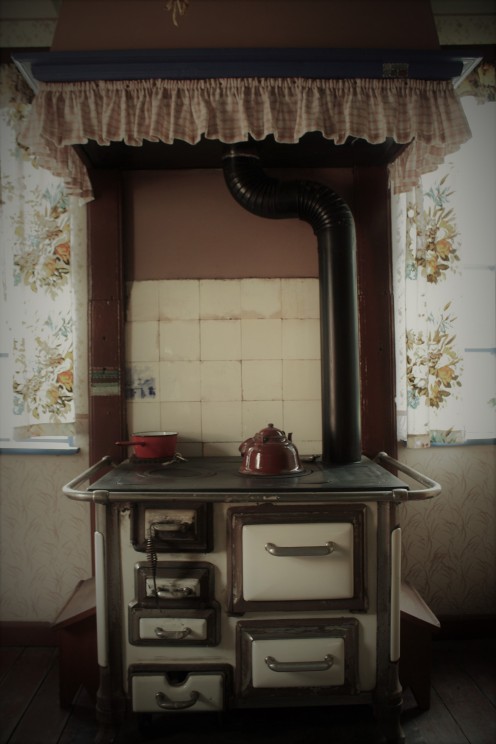
When preparing your meals, use the microwave versus the conventional oven. If you are cooking a small meal, use your toaster over instead of your conventional oven. When cooking with the conventional oven, turn the oven off a few minutes before time is up. The residual heat will finish the cooking.
10. Eat What's in Season
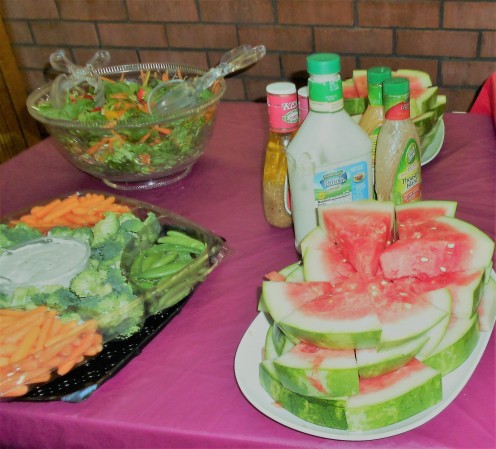
Try eating fresh foods and drink plenty of liquids in the summer. Drink cocoa, eat soup, and eat stew in the winter to keep you warm. Try cooking large quantities and eating left-over’s. This reduces oven time, and the heat that emits into the rest of the house from cooking.
11. Crockpot Cooking

In the summer, use your Crockpot in the coolest or least used part of the house. Bypass electronics if you can; instead, use manual electronics like a manual can opener. Set your refrigerator and freezer on the warmest settings that still keep them appropriately cold. Fill your refrigerator up. It will save you money on cooling costs. Be sure to keep the door closed as much as possible. Before you put hot food in the refrigerator, let it cool off so the refrigerator doesn’t spend energy cooling it off for you.
In the winter, leave the oven door cracked after using the over, to allow the hot air to warm the kitchen. In the summer, keep the oven door closed as much as possible. Avoid using the oven in the summer. Do not preheat the oven. If you bake, do so in the morning hours, and bake in batches to avoid preheating the oven. Use pots with a diameter that is as small as possible. Boil water with an electric kettle rather than the stove.
12. Fans
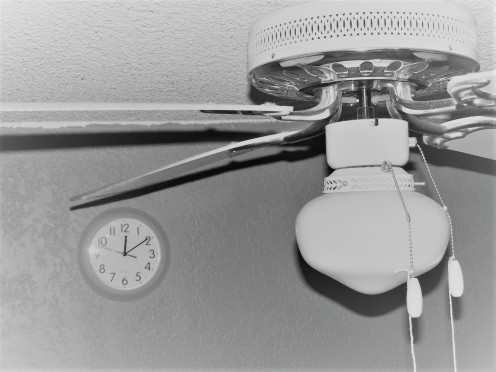
Purchase fans to cool your house during the warm months. Fans can make a room feel fifteen degrees cooler. Wear seasonal clothes so you can lower your air during the winter months and raise your air during the cooler months. When you leave your home, increase or decrease the temperature quite a bit depending on the season.
Balance your vents to achieve an even, comfortable temperature throughout your home. During the winter months, flip the fan’s switch to reverse its direction. It will push the warm air that is around the living space. Look around the house for anywhere that there may be cracks. Fill these cracks so that unnecessary air isn’t escaping in or going out.
13. Go Wild With The Thermostat
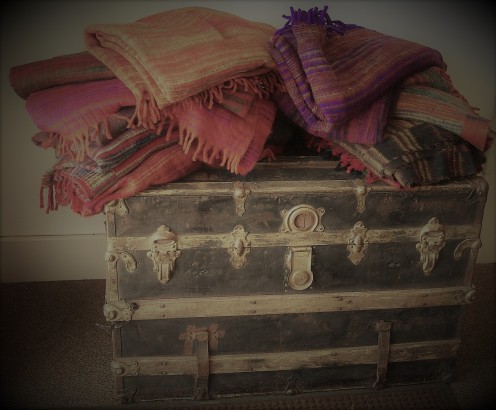
If you wish to truly be drastic in saving money, keep your thermostat at 65 degrees in the winter and 80 in the summer. Bundle up in the winter. Use a heavy comforter or thick blanket. Drink lots of iced water, use fans, and keep the blinds down in the summer.
14. Use A Programmable Thermostat
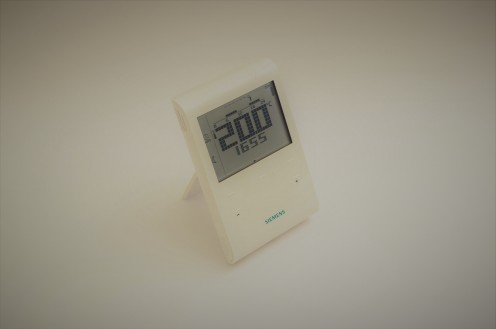
Use a programmable thermostat. Make sure it is installed properly, programmed correctly, and in the right place.
15. Fireplace
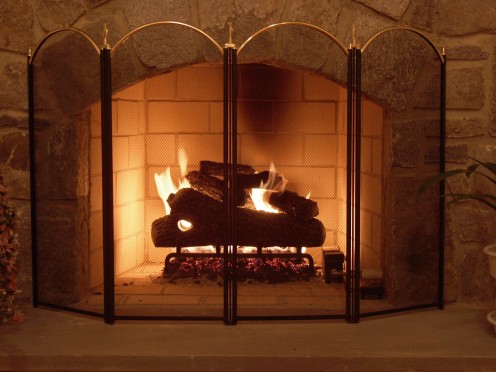
During the winter months, light a fire for warmth instead of using the central heating unit. Wood is cheaper than gas. Make sure your fireplace is working properly.
Never use a fireplace just for supplemental heating. A fireplace sucks heated air out of your home to fuel the fire and exhausts it through the chimney, and then your furnace has to turn on to replace that warm air. Consider using a space heater for small areas.
16. Fill Up The Refrigerator
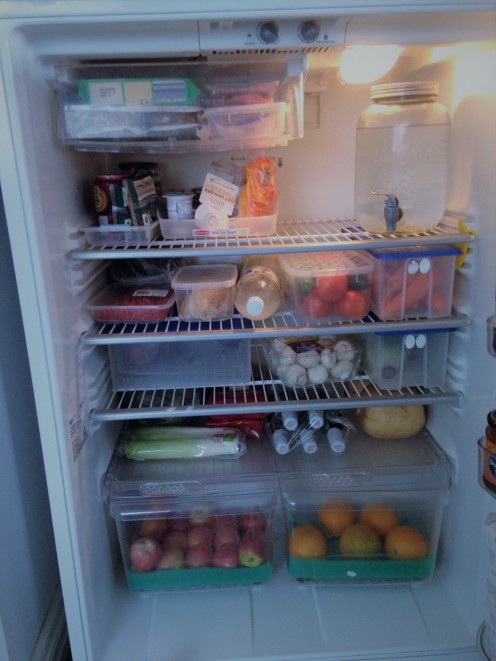
Only run the dishwasher when it is completely full. Use “Air Dry” rather than “Heat Dry,” and hand dry with a towel the clean dishes. Bypass the garbage disposal and put food trash in the trash can.
17. Avoid Appliances that Use Up Too Much Energy
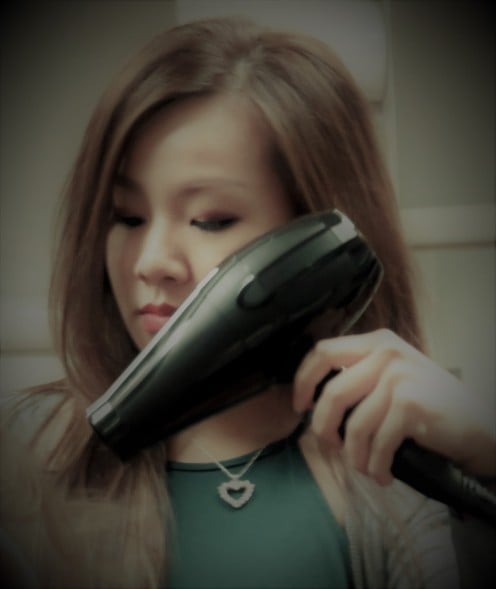
Let your hair air dry rather than using a blow dryer.
18. Outdoor Lights

19. Manual Appliances

20. Washer
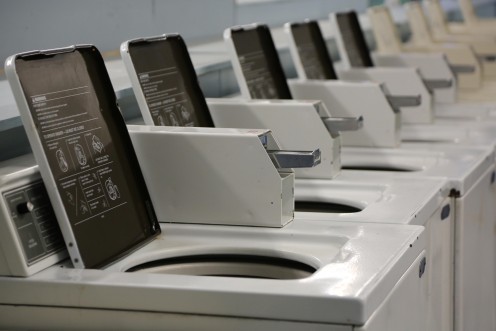
21. Doors
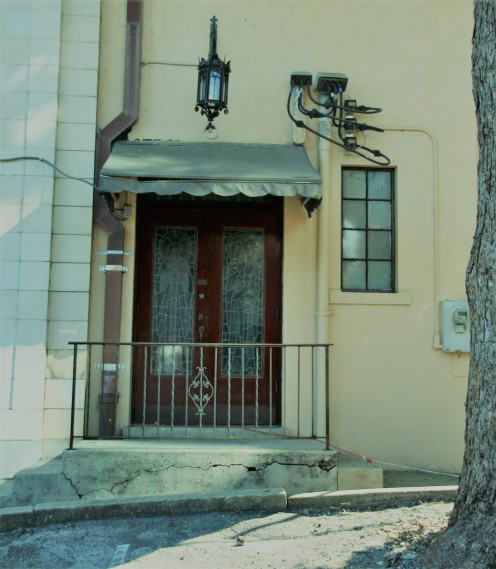
22. Cook in Bulk
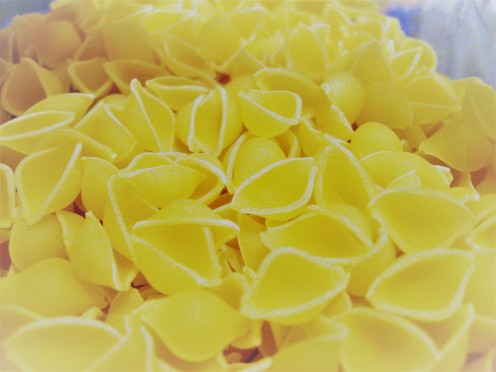
23. Dishwasher
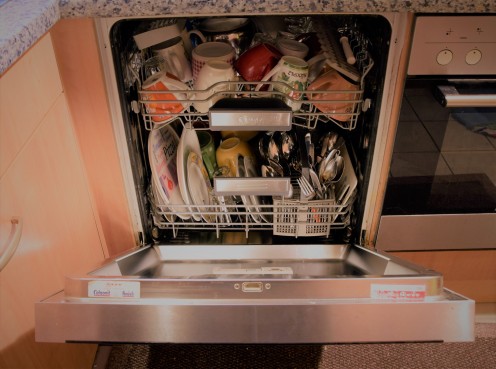
24. Fast Cooking
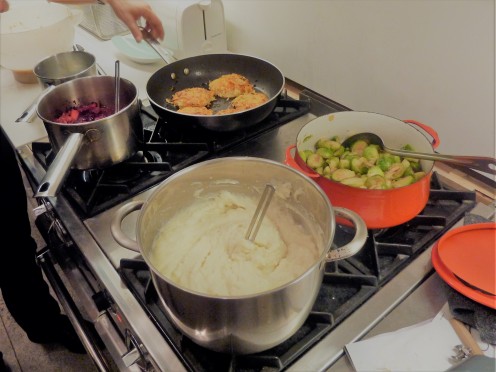
25. Toilet Tank
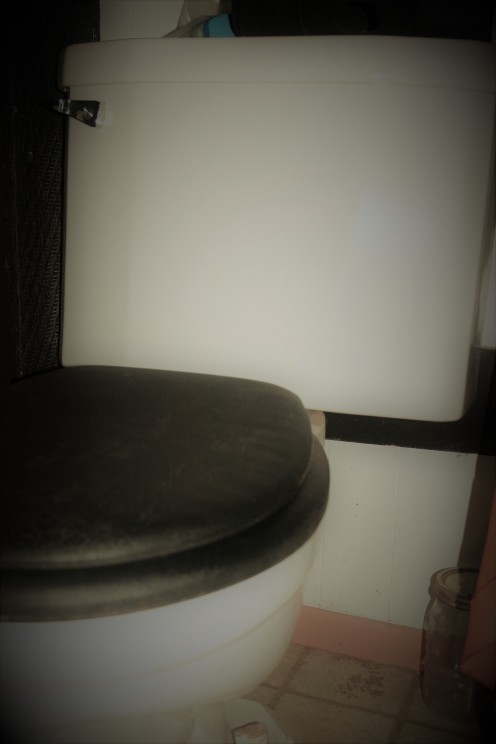
Put a brink or jar of rocks in your toilet tank. This displaces the water in the toilet tank and causes you to use less.
Buy Energy Star appliances or energy efficient devices. They will be so worth it end the end. You can save hundreds of dollars by simply making a few changes in your life. Many of these suggestions will not affect you at all. It just takes a little extra time and effort. If you get in good habits, such as turning off lights and the television, you will see a difference in your utility bills.
How many of these tips do you already do? Tell me about it in the comments!
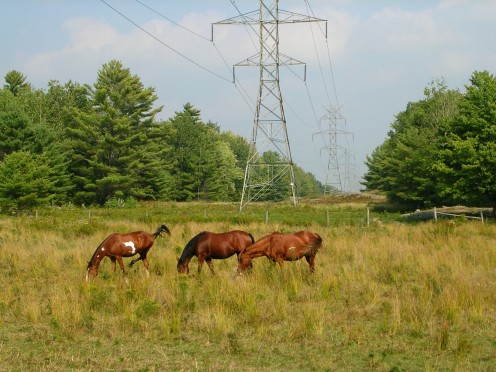
How to Save Money on Utilities
